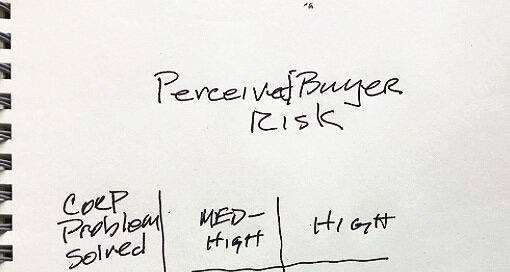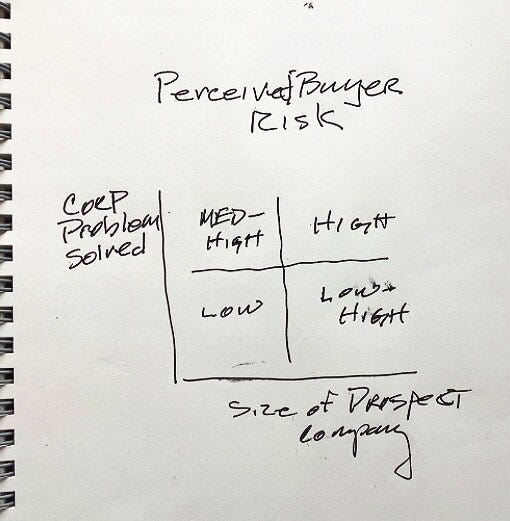Think Big (But Sell Small)
“You think like a GE executive. You need to think like a startup entrepreneur,” I said to Tim and his tech partner, Raj.
I am seeing a movement of big company executives becoming entrepreneurs. The last time I saw this was in the late 1990s during the dot-com. Back then executives saw startups as quick flips that could make them millions. This time it is…
Keep reading with a 7-day free trial
Subscribe to charliep to keep reading this post and get 7 days of free access to the full post archives.


